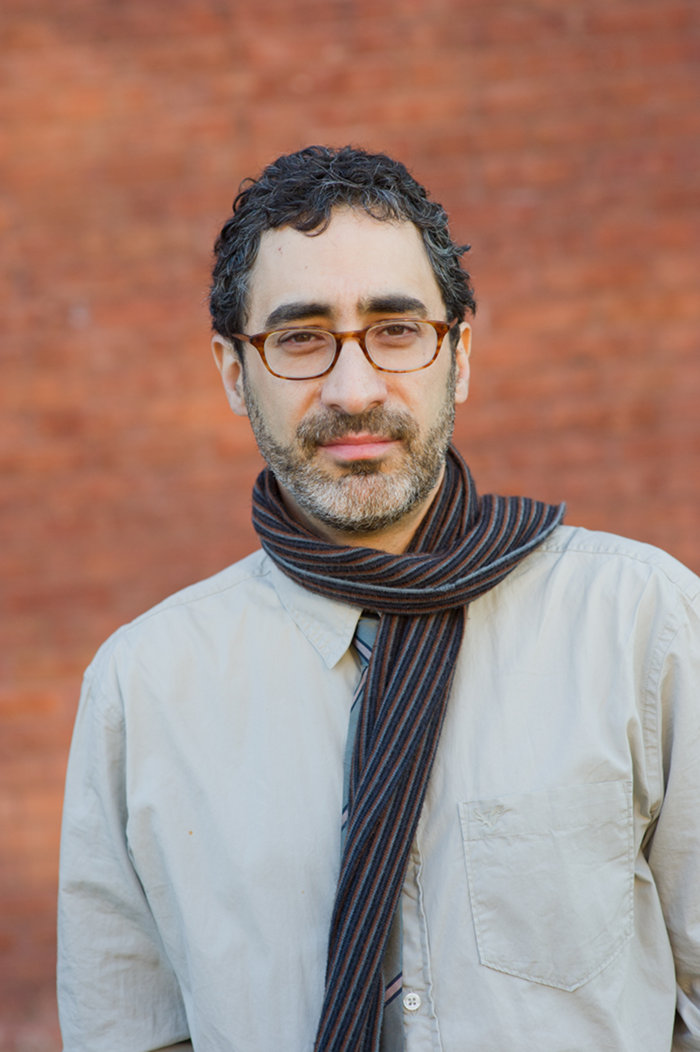
How and/or why did you become a therapist?
I came to social work and psychotherapy in my mid-40s after working various jobs in the private and educational sectors for most of my adult life. It was the culmination of a long process of self-discovery, growth, and working-through of very compelling issues of my own that led me to realize this was the work I wanted to do. In some sense, I have always wanted to be a therapist. It just took me a long time to realize it.
What are the most rewarding aspects of being a therapist?
I have a creative background: music, theatre, writing, and so forth. To me, psychotherapy is among the most creative undertakings I can think of because it involves partnering with another person (or perhaps several) to help them construct better mechanisms for seeing and understanding their own thoughts and feelings. It is helping human beings with strengthening the infrastructure that will help them to be creative in whatever endeavor is important to them—from writing plays to parenting children.
What’s unique or special in your background or approach to interpersonal relationships?
My family has been affected by mental illness and I have become deeply aware, both through personal experience and professional training, of the ways in which fundamental connections between people play the most crucial role in growth, healing, and development. Even at the neuronal level this is turning out to be the case. I find it essential to “tune in” to people, and vice-versa, to help them find out about who they really are–perhaps to become reconnected to the parts of themselves that have gone into hiding or have been neglect by disuse.
What are your favorite or most interesting interpersonal relationship tips/advice?
Particularly in close, highly emotional relationships—I am thinking of romantic partnerships, though it could apply to other situations—expressions of need that come from a place of vulnerability and honesty are most likely to move things in a productive direction, as opposed to a heightened focus on what the other party is or is not doing, or is doing poorly. I usually encourage people to focus on how to talk about conflict rather than overly focusing on the manifest subject matter of the conflict. In other words, it’s not so much what we say, it’s how we say it.
What are some things about therapy that you want to increase public awareness about?
Freud said (or is credited with having said, anyway) that psychotherapy was more like sculpting than painting, because it is really about uncovering what is already there but presently inaccessible, rather than “adding-on” or covering-over. If the broad public conceived of therapy as such—a reintroduction to the essential self that has always been there and that knows how to be happy—there might be less undeserved anxiety about being “changed” into something that a person does not want.
What are some of the biggest mistakes a therapist or patient can make?
I am struck over and over by the deep, inner wisdom that people possess about what they need and when they need it. Even if they are engaged in “problematic” behaviors or are struggling in areas of their lives, something within them is using their current apparatus-of-self as constructively as possible to solve the problem. This doesn’t mean a therapist or a patient automatically endorses all behaviors or patterns. But in a sense, it is about moving away from a place of endorsement or judgment to one of compassionate curiosity: How has doing or thinking X or Y helped you? What has it done for you? What costs are associated with it? Fitting a client to a preconceived diagnostic or treatment model simply because it is what the clinician knows is not attending properly to either the client’s genuine need or the truth of the moment, which go hand in hand.
Bio
You can learn more about Andrew Erdman at www.AndrewErdman.com.